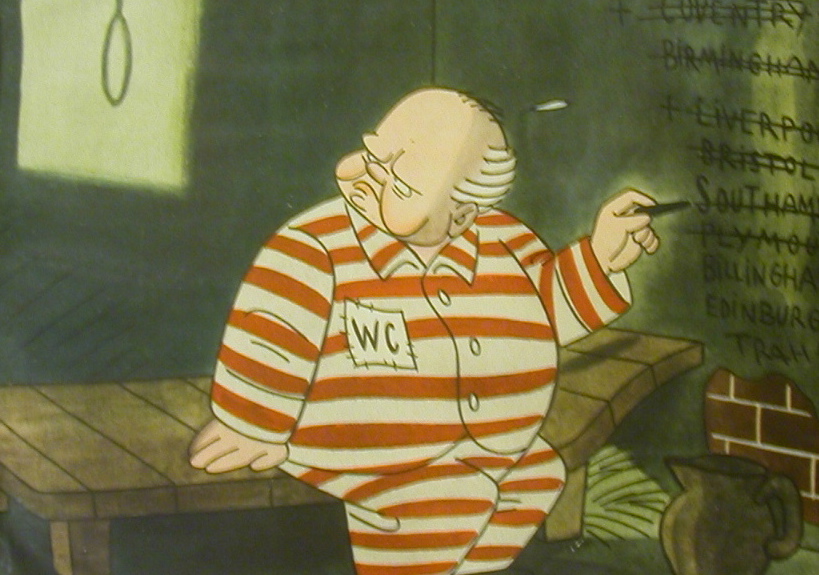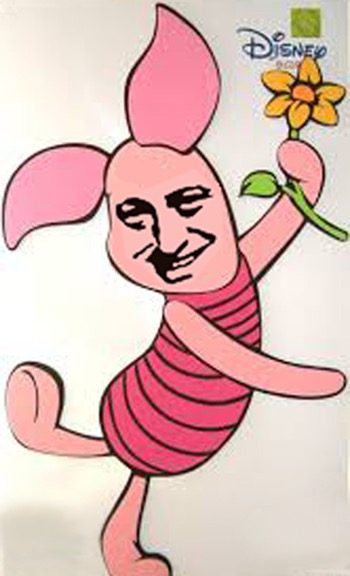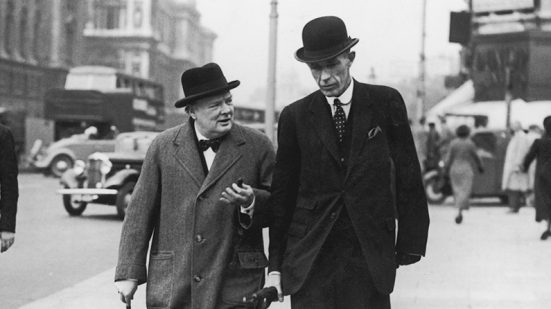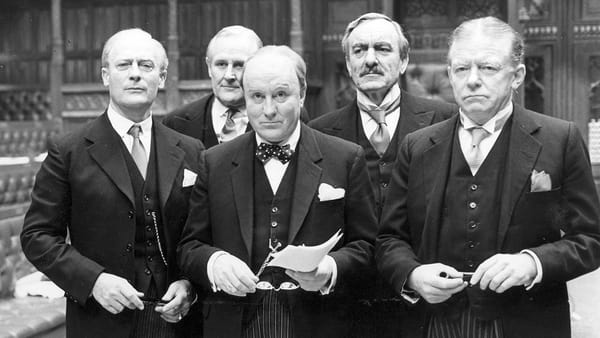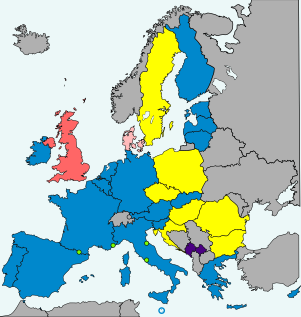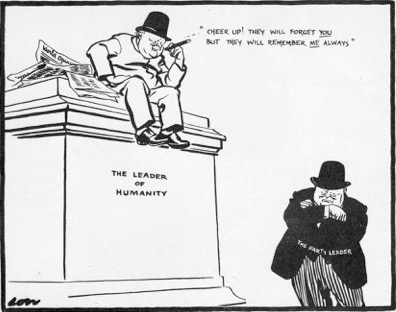
Churchill 101: Three Reasons to Learn about Sir Winston
Originally written for and published by the Hillsdale College Churchill Project. This is one of several forthcoming articles intended to encourage younger readers to learn about Churchill. Reader comment, suggestions of further points to make, and other articles on the same theme, would be appreciated.
_________
Learn …Who was Winston Churchill? Why, half a century since his death, is he the most quoted historical figure? Scholars know the answers. Do you? Why does it matter?
It matters because Churchill continues to offer guidance and example today. His indomitable courage, his ability to communicate, his knowledge of history, his political precepts, are as valuable now as they were in his time.…
